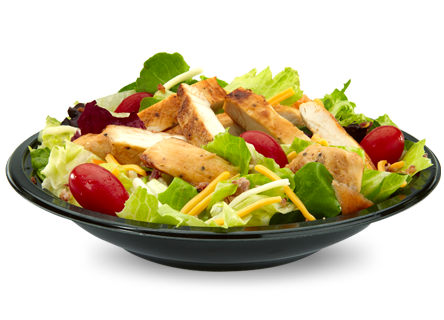Experiment Proves: It's Our Choices Making Us Fat, Not McDonald's

Until now. An experiment by an Iowan schoolteacher proved that splurging at McDonald's may be exactly the thing to do.
John Cisna ate only at McDonald's for a total of 90 days and lost 37 pounds. How did he do it?
Cisna agreed to an interview with Neon Tommy and explained how he lost all that weight by the graces of the golden arches.
1) What inspired you to pick McDonald's as your weight loss food?
I went and reviewed the menus of McDonald's, Wendy's, Burger King and KFC. I felt by looking at the menus that McDonald's appeared to have the widest amount of different foods spread across the food groups.
2) What are you trying to teach the American public by sharing your weight loss results?
This has nothing to do with McDonald's or me, but it is about "choice." It isn't McDonald's that is making us fat but our choices that are making us fat.
3) How did your students help you in your weight loss routine?
They were in charge of doing the research and they put together the menu for every meal. They had to stay within 2000 calories a day and keep the 15 nutrients we were tracking at 100 percent of the recommended Daily Allowance.
4) Do you have any advice for people who are struggling with weight loss?
Get a healthy plan, keep to it and if you follow it you WILL get healthy.
Here is an outline of Cisna's mini documentary in which he explains his typical daily diet and exercise plan.
Here is a video outlining Spurlock’s documentary. Warning, some parts of the video may be graphic.
The results are drastically different from Cisna's experiment. However, both documentaries show that maintaining a balanced diet and a daily exercise plan is key in staying healthy.
Here are some resources to help you find your recommended daily nutrient intake and create a nutrition plan tailored to your needs:
http://fnic.nal.usda.gov/dietary-guidance/dietary-reference-intakes/dri-...
http://www.netrition.com/rdi_page.html
Reach Staff Reporter Niki Hashemi here or follow her on Twitter.



